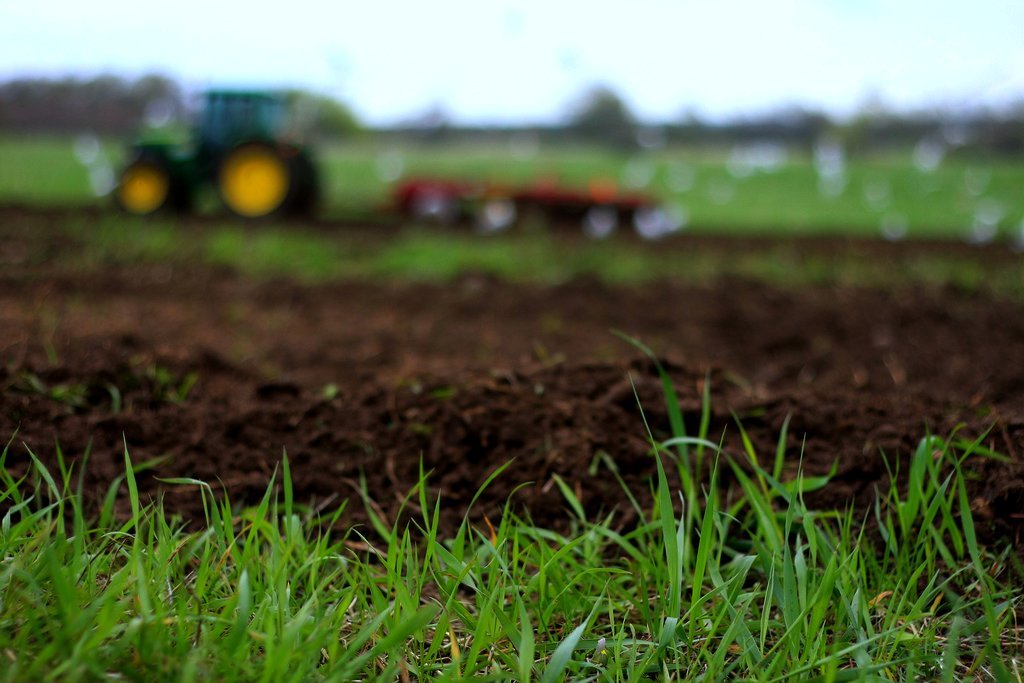History of Organic Farming
Organic farming is the new name given to traditional farming, which involve doing agriculture or farming in a natural or organic way without the use of inorganic methods. Before the 1920’s majority of farming was organic in nature as at that time agricultural advancements in the form of synthetic fertilizers, pesticides had not yet been introduced. Farmers used natural means or methods to feed the soil and control the pests.
The history of the revival of organic farming movement began in 1940’s when farming communities realized the disadvantages or effects of using synthetic fertilizers and pesticides had on their agricultural lands. Thedemerits of industrialization of agriculture have led to the beginning of an organic movement especially in Great Britain that had gathered pace in 1940’s and later on spread as a global phenomenon.
Three popular methods of following organic farming
Organic farming methods combined with scientific knowledge and latest agricultural technology is showing good results by raising the agricultural productive without harming the environment.There are different methods of doing organic farming but the prominent or popular methods of organic farming include the below mentioned three methods.
- Crop rotation or diversity – Crop rotation method involves growing different or various types of crops in the same farmland or location as per the different seasons and in a sequential manner. This method of organic farming helps in supporting a wide range of beneficial soil microorganisms and insects thereby adding up to overall farm health.
- Biological pest control – Biological pest control or management is an important method of organic farming in which living organisms are used to control the pests with limited use of chemicals. In this method, the farmers amalgamate the biological, cultural, mechanical and chemicals tactics to manage weeds and other pests without using synthetic herbicides.
- Using Green manure and compost – This is another popular method of doing organic farming in which the dying plants and other dried up vegetation are stuffed or mixed into the soil to make them act as nutrients for the soil thereby increasing the quality of the soil.The compost, which is highly rich in nutrients, is also used as a fertilizer for growing corps in an organic way.
Need of Organic Farming
Organic farming is the need of the hour due to the rampant use of chemicals, fertilizers, and pesticides that has resulted in the emergence of hazardous effects on crops as well as to the land. Inorganic methods of cultivation even though increases the yield of corps is also resulting in the contamination of natural environment in addition to soil erosion, decline in overall soil fertility along with toxic chemicals entering into the food supply.
Facts behind Organic Farming
The facts behind the emergence of organic farming as an alternative emerged when in the early 1940’s advances in chemical pesticides known as ‘pesticide era’ as observed by agricultural scientists, biologists and botanists wascreating long term side effects in the form of degradation in soil fertility and toxic chemicals entering into the food supply. Such concerns have led to the emergence of organic farming and Sir Albert Howard is considered as the “father of organic farming” as he was the first person to introduce scientific knowledge and principles to various traditional agricultural methods.

Success Story of Organic Farming
Many farmers are now adopting organic farming methods and are reaping benefits out of it. Scientists do agree that the organic farms act as a refuge for wild plants that helps in offsetting or balancing the bio diversity as opposed to conventional farms. The fields around organic firms are found to have more types of wild plants providing benefits for wildlife. In developing economies like India, organic farming has emerged as an alternative to conventional farming methods as the latter is causing many farmers to abandon agriculture owing to poor yield and low income.
- The success story of organic farming is already scripted in Europe has about 29% of the world’s organic agricultural land.
- About 7.5% of the world’s organic agricultural lands have experienced a strong growth through organic farming.
- Organic farms have found to be as or more productive than conventional agriculture.
- In India, the concept of zero budget natural farming as coined by agricultural scientists SubashPalker has emerged successful with lot of farmers taking recourse to organic farming.
It is estimated that more than 3 million farmers inspired by zero budget natural farming are practicing the organic farming in majority of Indian states. Thus, one can say that organic farming is now the need of the hour to protect the environment from global warming and in saving human lives from chemical and carbon emissions that emit due to the practice of conventional agricultural methods.


























